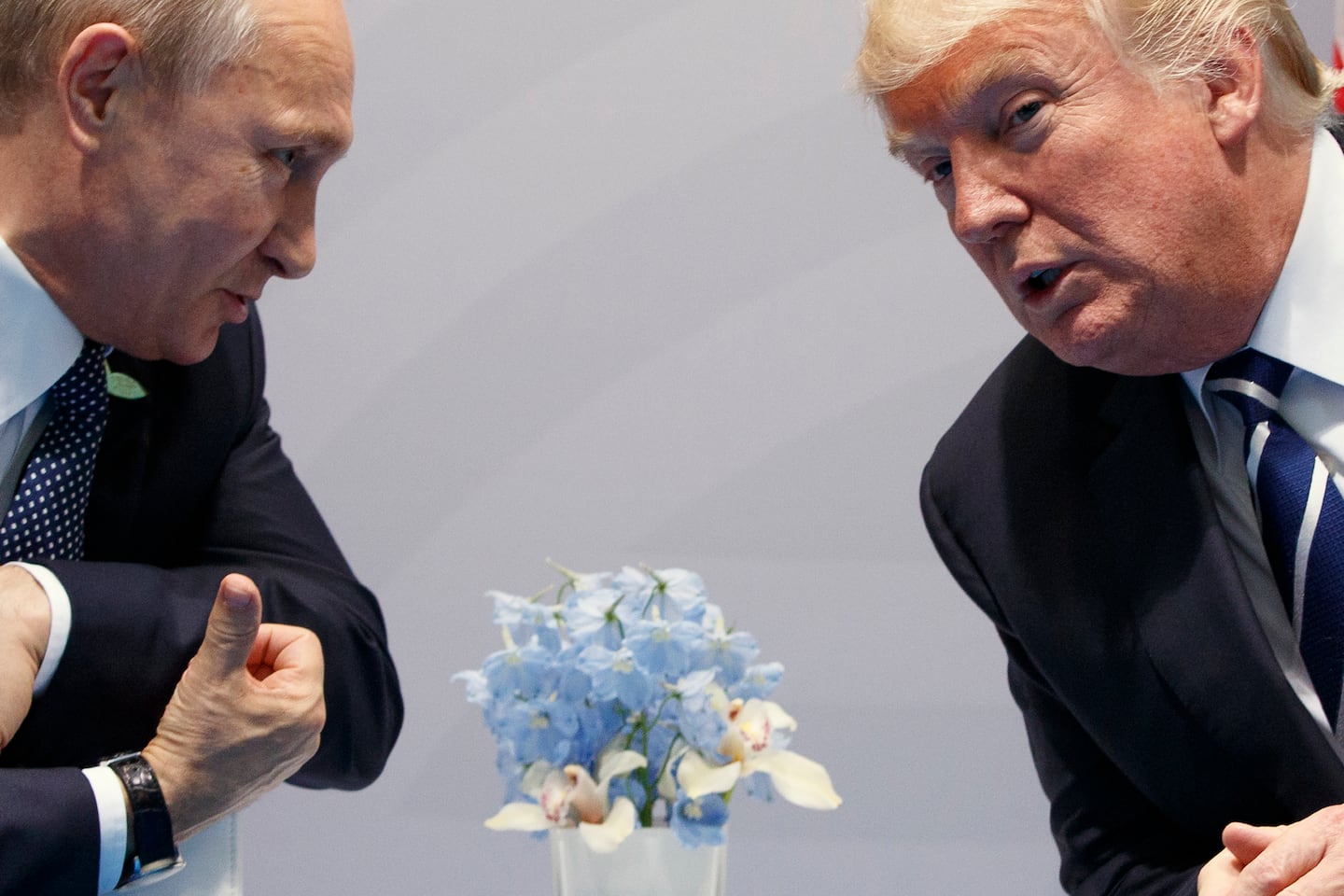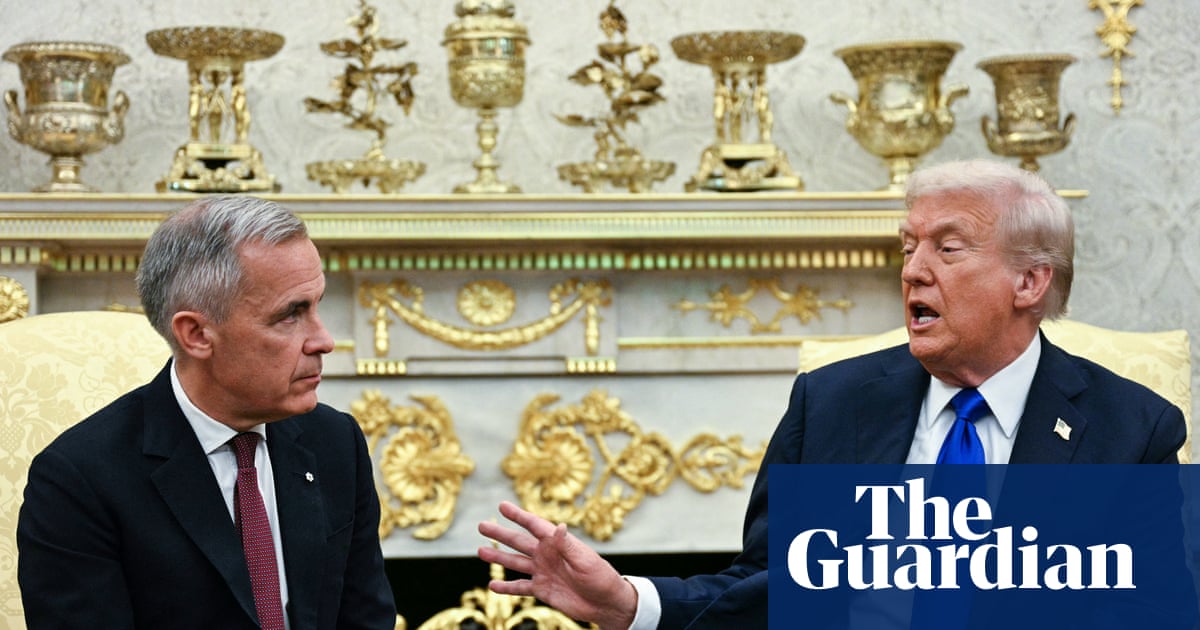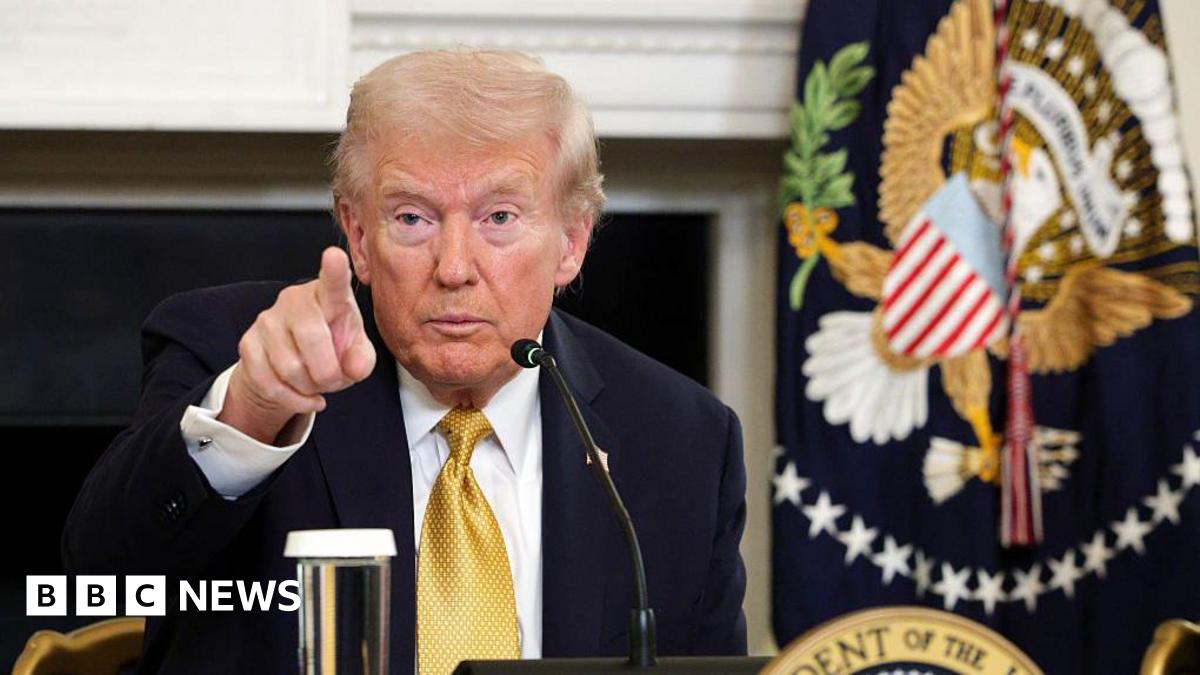As the war in Ukraine enters its fourth year, it’s also entering a new phase. That’s less because of what’s happening on the battlefield, which largely remains a grueling deadlock, and more because of the change of administrations in the US.
Donald Trump has pledged to end the war, and not necessarily on terms favorable to Ukraine. Last week, he sent American negotiators to meet their Russian counterparts in Saudi Arabia without inviting Ukraine. He criticized Ukrainian President Volodymyr Zelensky, accusing him of bilking the US. And he described the conflict in ways that echo Russian propaganda, falsely claiming that Ukraine started it.
After Russia invaded, the Biden administration labored to help Ukraine, a democratic ally, and hammered Russia’s economy. Trump’s about-face has emboldened Russia, shocked Europe, and left Ukraine fearing for its future.
“What has changed is the context in which this war is taking place,” says Vesko Garčević, Montenegro’s former ambassador to NATO who now teaches at Boston University. “We are in a different era.”
Today’s newsletter explains the status of the fighting, where peace talks stand, and how Ukrainians living in the US are thinking about their country’s future.
War of attrition
Three years in, the war has become a grinding slog. Russia has seized about 20 percent of Ukrainian territory but gained ground slowly, advancing just 25 miles in the past year. Ukraine captured a smaller swathe of Russian territory last summer, but its hold has slipped. Both continue to lob shells, missiles, and drones at each others’ cities.
The costs have been high. Estimates suggest that as many as 100,000 Ukrainian soldiers are dead, and more wounded. Russian losses could be twice that. But Russia’s bigger military and bigger population mean it can absorb more casualties and still come out ahead. “This is an exhaustive war on both sides,” Garčević said, “but more exhaustive on Ukraine.”
Talking terms
The battlefield grind has moved the action to the boardroom. Previously, both sides focused on combat victories and had little sustained interest in peace talks. But Trump’s push to end the war, hostility toward Zelensky, and affinity for Russian President Vladimir Putin have changed the dynamic. Russia may now get a better deal from Trump than it could through fighting.
Ukrainians also have reasons to negotiate. Many are tired of war, even if ending it means ceding territory. “It’s a matter of Ukraine surviving or not,” Kyrylo Barsuk told my colleague Emily Spatz, who has reported on the anxieties of Ukrainians living in Massachusetts. Barsuk, 35, came to America under a Biden-era program that let more than 150,000 Ukrainians escape the fighting and live in the US temporarily, which Trump has paused.
But Ukrainians also want help rebuilding their battle-scarred country and guarantees that Russia won’t simply invade again once it recovers its strength. “We dream of peace, but we don’t trust our neighbor,” Natalia Popova, who fled Kyiv and settled with her children in Quincy, told Emily.
Instead, Trump and his appointees have preemptively taken Ukraine’s bargaining chips off the table. They have said that Ukraine shouldn’t expect to join NATO, that US troops won’t help secure Ukraine’s borders, and that Ukraine is unlikely to recoup territory Russia has captured. After meeting with Putin’s aides, Secretary of State Marco Rubio said he was eager to explore “the incredible opportunities that exist to partner with the Russians.” (Rubio reportedly told flabbergasted European officials that he was just testing Russia’s appetite for a deal.)
Trump has also introduced new conditions. He demanded that Ukraine give the US revenue from its natural resources, then criticized Zelensky after he balked. (Trump now says a deal is “pretty close.”) Putin wants a more pro-Russia leader in Kyiv, and Trump seems to agree. Zelensky has said he’ll step down if it means Ukraine can join NATO.
By holding peace talks that exclude Ukraine, Garčević said, Trump has validated Russia’s claim that the war was a defensive act against an aggressive West, not an unprovoked attack on a sovereign neighbor. As the negotiations progress, he added, “the US is likely to put pressure not on an aggressor, but on a victim.” The next round of US-Russia talks is set for tomorrow.
What’s next
Without US support, Ukraine’s ability to fight back could diminish. Europe, which has aided Ukraine in coordination with the US, seems divided over how to support it going forward.
Still, surprises are possible. Trump sees international diplomacy as transactional and personal, which can make him hard to predict. Despite saying he’s had “very good talks with Putin” and “not such good talks with Ukraine,” Trump previously criticized Putin’s handling of the war, hasn’t lifted economic sanctions on Russia, and threatened more if Putin doesn’t negotiate.
The war has also forged a strong sense of solidarity and national identity among Ukrainians. Many of those living in the US have helped fellow Ukrainians through refugee resettlement and advocacy. As Marina Zharkovska, a 26-year-old who arrived in the US last year, told Emily, “We have lost too many lives and our friends to just give Russia what it demanded at the beginning.”
Read more: Hundreds of people marched to Boston Common yesterday in support of Ukraine, holding Ukrainian flags and signs critical of Trump and Russia.
🧩 2 Down: Cowboy’s home | ☀️ 42º Mostly sunny
Boston and New England
- Crime anomaly: Boston is a really safe city — unless you’re at the Common or Downtown Crossing, where drug-dealing and petty crime is rife. Officials are meeting Thursday to figure out how to fix it.
- Mass. heat: Your gas company has to cut your bill by at least 5 percent in March and April, the state said, but can charge you more when it’s warmer. Consumers aren’t thrilled.
- Safety first: Massachusetts will require a safety training course to operate a boat — starting next year.
- Desperate measures: A state commission says Massachusetts’ lack of housing is so severe that the state should get rid of all single-family zoning.
- Health siren: Bankrupt Steward Health Care closed a hospital in Ayer. Now ambulances have to rush patients miles away to other hospitals.
Trump Administration
- Disappearing agency: About 2,000 USAID employees were fired and thousands of others placed on paid leave last night, continuing Trump’s dismantling of the world’s largest humanitarian aid agency. (Axios)
- Angry voters: House Republicans are facing hostile crowds at home over government funding cuts and mass firings. (NBC News)
- Ignored: Several federal agencies told their employees not to respond to Musk’s demand for details about their jobs, including the Pentagon and State Department. (The Hill)
- No. 2: Trump named Dan Bongino, a right-wing podcaster and former Secret Service agent who lied about the 2020 election, to be the FBI’s deputy director. A career agent traditionally fills that role. (AP)
- Tough talk: Trump border czar Tom Homan attacked the Boston police commissioner for not working with ICE in accordance with state law. “I’m coming to Boston and I’m bringing hell with me,” he said.
- Grants holdup: Despite court order forbidding Trump from freezing health and science research funding, money still isn’t flowing.
- Firing back: Trump and Defense Secretary Pete Hegseth are degrading and politicizing the military with the recent firing of top Pentagon officials, Senate Armed Service chairman Jack Reed of R.I. says. (Politico)
- Maine vs. Trump: The president and Maine Governor Janet Mills, a Democrat, clashed over transgender athletes. After he threatened to withhold federal funds and investigate the state, she wrote that Trump “is neither a King nor a dictator.”
The Nation and the World
- Flying high: Washington Dulles airport has the highest average airfares in the US and Fort Lauderdale has the lowest, according to the latest federal data. (Axios)
- Shaky ceasefire: Israel nixed the planned release of 600 Palestinian prisoners over the weekend, demanding that Hamas stop parading hostages it releases in front of crowds. (Times of Israel)
❄️ Snow days: After recent storms blanketed New England, it’s a banner time for skiing.
💔 When a relative is a killer: The guilt, and grief, of loving a mass shooter. (Portland Press Herald)
📚 Read these: The most anticipated parenting books this year tackle child-rearing in the digital age, maternal ambivalence, and more.
🍽️ Pass the Pepto: Roasted gray squirrel, bobcat lo mein, and coyote teriyaki on a stick were all on the menu at a rural Pennsylvania buffet. Why is another question. (AP)
📪 Love Letters: He cheated. Can he get her back?
🏂 Goofy: Snowboarders flipped, twirled, and soared on Boston’s City Hall Plaza for a street snowboarding contest.
🇬🇧 Those Brits keep coming: Reenactors dressed as redcoats and Colonial militia faced off to mark the 250th anniversary of Leslie’s Retreat in Salem, a lesser-known but important Revolutionary War standoff.
🪦 Epilogue: Bruce Selya, a Rhode Island federal judge whose vast vocabulary and widely cited opinions inspired Supreme Court Justice Ketanji Brown Jackson and many other lawyers, died at 90.
📧 Want this sent to your inbox? Subscribe to Starting Point here.
Ian Prasad Philbrick can be reached at ian.philbrick@globe.com.


